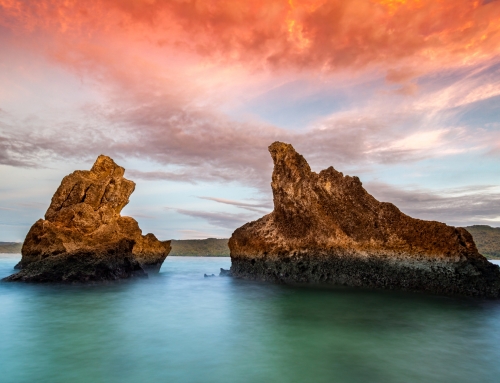investments
Investment inThe Dominican Republic
Having suffered a long history of both colonialism and dictatorship, until somewhat recently, the Dominican Republic was not a country associated with a booming economy and foreign direct investment. However, regular elections have occurred since 1996, paving the way for a more democratic and economically stable, investment-friendly future. In addition, the DR-US-CAFTA (Central American Free Trade Agreement) was signed in 2004, designed to eliminate tariffs and trade barriers and expand opportunities for merchants of all member countries. (Note: The actual benefits to the Dominican economy vis-à-vis their membership in the CAFTA agreement have been and will no doubt continue to be analyzed and disputed.) Still, the Dominican economy is among one of the top growth economies this year, boasting a GDP increase of 7.5%, and it is predicted to continue along that path next year, according to the United Nations Economic Commission for Latin America and the Caribbean.
Although the Dominican Republic’s economy has been traditionally based on agriculture, particularly on the export of coffee, tobacco and sugar, the sector of the economy that can be thanked for the boost in the country’s GDP is tourism. With 10,000 visitors every day, the Dominican Republic is quickly becoming one of the top Caribbean destinations, for both families and the luxury sect of travelers. Some foreigners are choosing to extend their vacation even further by purchasing second homes. Due to a slump in the U.S. real estate market, and a declining fear of purchasing land abroad, Americans are investing in sunny properties like never before. Amazingly, many properties are purchased by foreigners unseen, over the Internet. The low price of land and already-built abodes, in comparison to the rest of the Caribbean, coupled with the low cost of high living has attracted many Americans to the island. It is a place where middle-class Americans can feel as though they are living in luxury, and where the upper class and elites can live in even more luxury than their wallets permit at home. The honeymoon may not last long, however: prices have been rising at a rate of nearly 20% a year.
An investment-friendly country has everything to do with the friendliness of its president’s policies and vision. President Leonel Fernandez (who was re-elected in 2004) has made boosting investor confidence a priority of his administration, even creating an "Investment Promotion Office" as part of the government bureaucracy. From a macro standpoint, the economy has averaged a healthy 8% growth under Fernandez, but in the wake of the catastrophic recession between ’00 and ’04, poverty is still widespread, and it remains to be seen whether or not the wealth will trickle down. Foreign direct investment is welcomed and often unscreened, although investments must be registered with the Central Bank of the Dominican Republic. The climate is generally hospitable to investors, but corruption and bureaucratic red tape are issues that plague the region at large and still need to be tackled further. Still, foreign investment is at a seven-year high of $1.2 billion, over $2 billion worth of real estate projects are underway, and the private sector continues to develop and invest in area infrastructure as they build hotels and condominiums.
Top Investment Sites on The Web


Leave A Comment